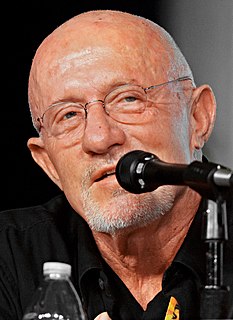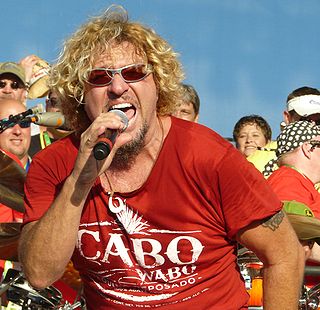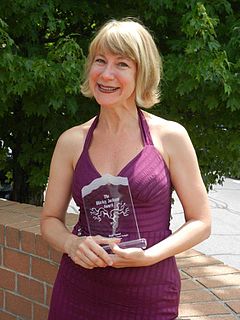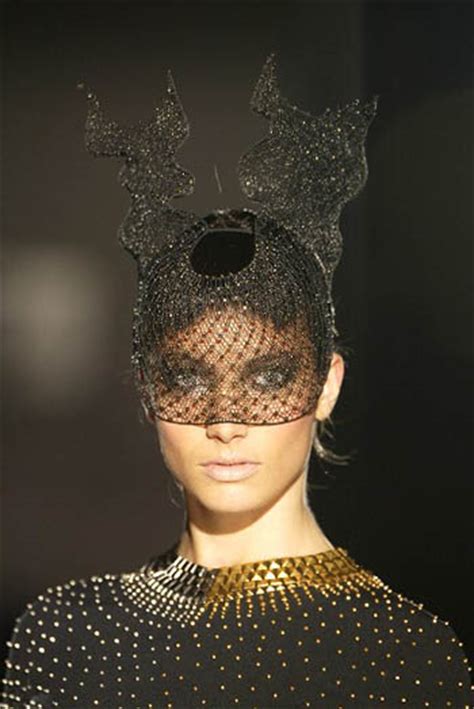A Quote by Katee Sackhoff
The only way that a mother would go after her own children is if she's just completely gone and has no humanity.
Related Quotes
God bless my mother - she's long gone now, but she'd work all day and go to school at night. She started out in life as a housekeeper at 15 years old, totally on her own, and she retired as a college professor. But there were some hard times. It's not easy for a woman who's only trying to do the best for her kid but who could never be home.
My mother didn't feel sorry for herself, she was left with no child support, no alimony at a very young age, with a child to raise, a high school education and she just figured it out. She didn't complain, she didn't rely upon government, she relied upon her own skill set, her own self confidence, her own drive in moxie and her own duty to me and her and she relied upon her family and her faith.
And then, into the fantasy, as into a dream, would come the thought: it's not like this anymore; the world has changed. Just the way, even at that time fully two years after my mother's death, I'd catch myself thinking about her as alive; and would suddenly remember, an admonitory finger of grief upon my breast, that she was gone.
I was amazed by this person who, even though she had everything, would go to feed the homeless and visit sick children and Aids victims. It was like a fairy tale. Who was she really? Why did she do this? She was trying to find love. I wanted the world to see her kindness, her humility: I think she realised that would be her way.
One thing I did have under my belt was, my mother lost her mother when she was 11. She mourned her mother her whole life and made my grandmother seem present even though I never met her. I couldn't imagine how my mom could go on but she did, she took care of us, she worked two jobs and had four children. She was such a good example of how to conduct oneself in a time of grief. When I lost my husband, I tried to model myself as much as I could on her.
A mother experiences more than one death, even though she herself will only die once. She fears for her husband; she fears for her children; again she fears for the women and children who belong to her children. ... For each of these-whether for loss of possessions, bodily illness, or undesired misfortune-she mourns and grieves no less than those who suffer.
My mother turned 40 in 1973. So in 1970 - when 'The Female Eunuch' came out and Ms. magazine was founded - my mom was 37 with two children, and she was just that little bit too old, and the circumstances of her life were set up in a certain way that for her to fulfill her ambitions and dreams, she would have had to break with the family.
If she'd spaced her children out and had eleven babies in eleven years, she would have been no better than her own mother and sisters: irresponsible, a welfare cheat, another bit of Sawdust Lane white trash. But as luck would have it, she'd had them all at once, and now she was, overnight, middle-class. And respectable.
I actually grew fond of her in a nastily superior kind of way. For she was so completely artless and optimistic and clueless, she didn't care that she smelled bad or was fat or wore clothes unlike everyone else's, she had some weird disconnect with life that kept her constantly bubbling, and you knew she would go blithely through her long horribly boring life thinking every thing was just swell (the opposite of me).
I mean, her father was an alcoholic, and her mother was the suffering wife of a man who she could never predict what he would do, where he would be, who he would be. And it's sort of interesting because Eleanor Roosevelt never writes about her mother's agony. She only writes about her father's agony. But her whole life is dedicated to making it better for people in the kind of need and pain and anguish that her mother was in.


































